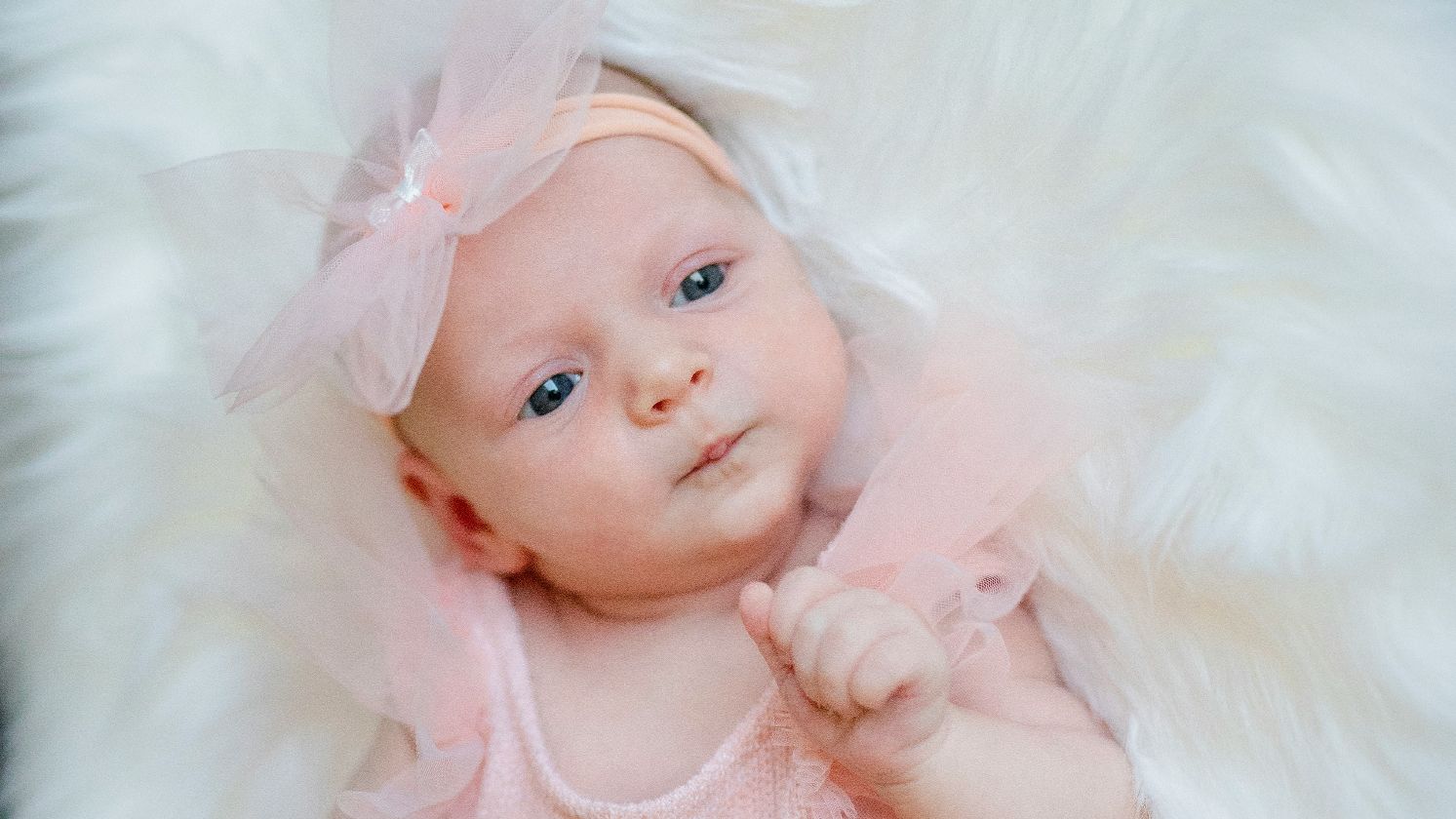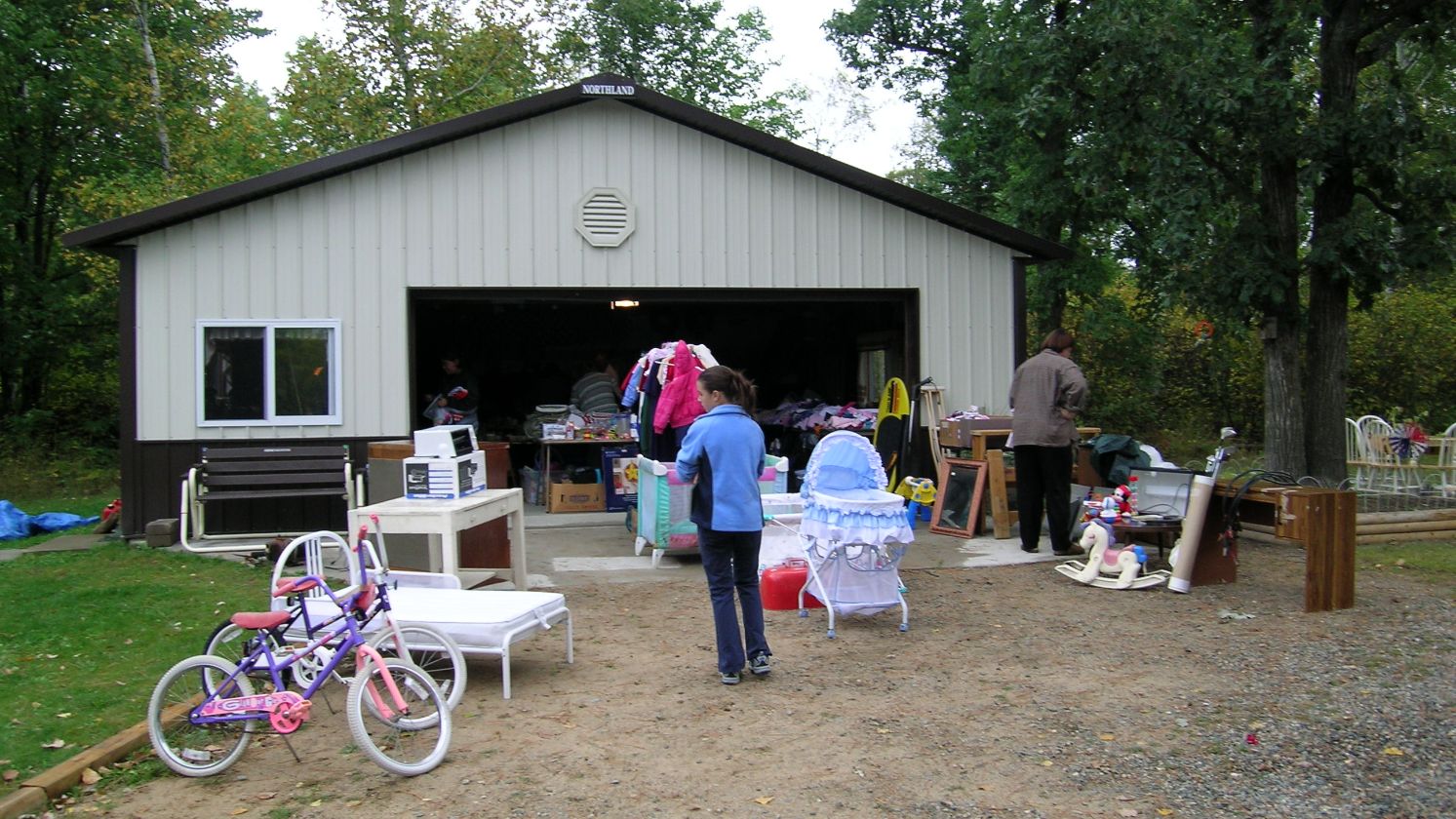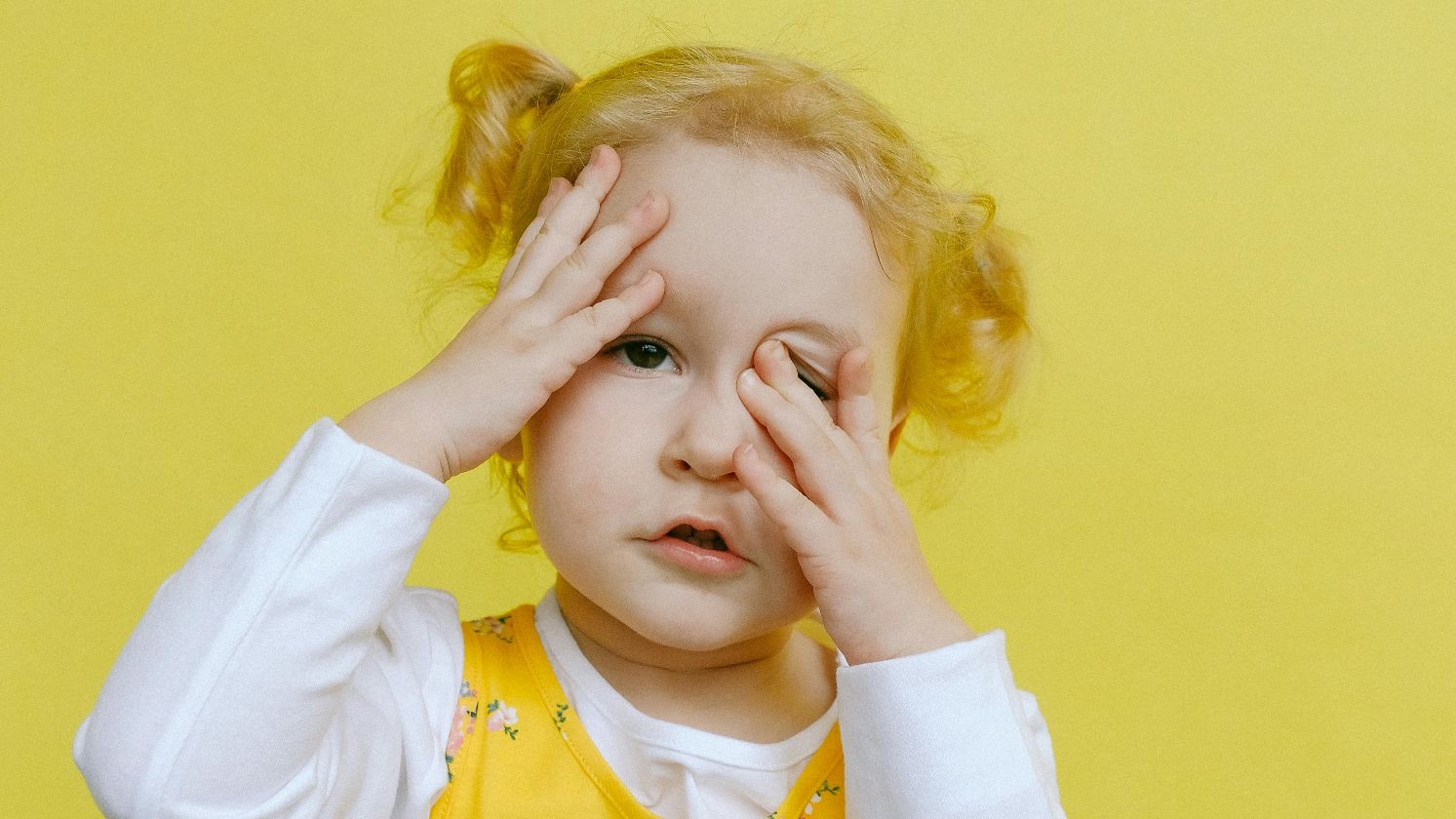The Mess-Ups That Turn Into Magic Moments
Parenting is noisy, unpredictable, and occasionally smells like sour milk. No matter how many how-to books are read, how many routines are planned, or how many Pinterest boards are curated with color-coded snack ideas, children have a way of unraveling all of your plans within minutes. Yet, buried inside the slip-ups, the forgetful days, and the crimson juice stain on the brand-new carpet are unexpected epiphanies. Within these insights are a kind of victory you don’t appreciate until much later, when you and your kids reminisce about the laughter rather than the stain. Here are twenty parenting “fails” that become victories.
1. Burnt Pancakes Become a Story
What looks like a culinary disaster actually creates a long-lasting memory. Research shows children retain emotionally charged events better than neutral ones. Burnt pancakes plus hysterical laughter? That’s the hippocampus working overtime. They’ll forget the golden ones, but the smoke alarm breakfast will live forever.
2. Bedtime Failures Create Nighttime Memories
Sure, kids need sleep. But novelty activates dopamine pathways in the brain, making the late-night flashlight stories unforgettable. Developmental psychologists point out that occasional “rule bending” teaches kids flexibility, not just obedience.
3. Forgotten Lunchboxes Lead to Ingenuity
Executive function—planning, problem-solving, adapting—develops when kids overcome small challenges. A forgotten lunchbox nudges them into negotiating with their classmates in the cafeteria. One Oreo for two apple slices? That’s a budding awareness of economics.
4. The Costume That Fell Apart at the Parade
When the glitter wings droop, but the child struts proudly anyway, they’re showcasing resilience. Carol Dweck’s research on growth mindset shows that effort-based praise matters more than outcome. Praising your child despite their lackluster costume becomes a test center for confidence.
5. Saying the Wrong Word Teaches Humor
A slip of the tongue turns into a family joke. Linguists call this phonological play. It lowers perfectionist pressure and helps kids see language as flexible and fun. Families who laugh at mistakes teach humor as a coping skill.
6. Car Trips That Go Off the Rails
Odd events lodge more firmly in memory than the routine stuff. Psychologists studying “flashbulb memories” explain how novelty sharpens our recall. Taking a wrong turn that leads to that impromptu stop at the ice cream parlor gets locked in forever, long after the actual destination is forgotten.
7. The Too-Scary Movie That Accidentally Bonds
Fear releases oxytocin and adrenaline. Watching a creepy villain together, then cheering when the hero wins, strengthens connection. It’s the same mechanism behind why people in haunted houses and roller coasters cling to one another.
8. Homework Left at Home Creates Accountability
This is the principle of natural consequences, a cornerstone of developmental psychology. Mild embarrassment at school is a powerful motivator. The prefrontal cortex, the brain’s self-monitoring hub, learns through these public embarrassments.
9. Dinner That’s Just Cereal
Nutritionally questionable, maybe, but breaking routine fosters novelty, which neuroscientists note increases dopamine release. And because rituals matter, the mismatched cereal night might someday become a ritual in itself that your kids remember fondly.
10. Mixed-Up Laundry Sparks Creativity
Shrunken shirts and missing socks are perpetual annoyances to adults, but children can flip them into opportunities to be creative. Using objects in unexpected ways, like turning a ruined shirt into doll clothes, leads to what psychologists call divergent thinking.
11. Rain Ruining the Picnic Creates Muddy Joy
Behavioral scientists highlight how positive emotional reframing (choosing fun in frustration) builds resilience. The next time your picnic gets inundated by a rainstorm, try to laugh at the soggy sandwiches. It’ll teach your children to adapt to life’s storms.
12. Forgetting Picture Day Leads to Authenticity
Developmental experts argue that authenticity builds stronger self-esteem than perfection. If your child shows up with unkempt hair, toothpaste on their chin, and a dinosaur tee, don’t sweat it. That awkward photo becomes a family treasure precisely because it’s real.
13. Saying Yes Too Late
Reversing a no feels like weakness, but it models flexibility. Studies on parenting styles show that children thrive when they see adults reconsidering, weighing fairness, and sometimes changing course. They see that it’s possible to negotiate and learn how to offer a convincing argument.
14. Broken Toys Birth Inventions
A broken remote-control car or a doll with butchered hair can turn from a minor tragedy to a crash course in innovative thinking. When kids repurpose scraps into something new, they’re flexing the same cognitive muscles inventors use.
15. The Roadside Bathroom Emergency
It feels chaotic, even embarrassing, yet psychologists note that children who experience minor social awkwardness in safe company become more adaptable later. Plus, storytelling research shows that the grosser the moment, the more likely it’ll end up as one of the go-to family stories.
16. The Party with the Wrong Cake
The cake shop confused your order and delivers one with “Congrats Kevin” instead of “Happy Birthday Emma.” Mistakes, however unpleasant, have the potential to teach humor and flexibility. Social scientists emphasize that children who see parents laugh at blunders develop better emotional regulation than those whose parents react negatively to every setback.
17. Losing Patience Teaches Forgiveness
Snapping, then apologizing, models emotional intelligence. Neuroscience shows that kids learn emotional regulation by watching parents handle their own mistakes. When they see forgiveness in action, they internalize it as normal. Just don’t make the snapping a perpetual habit.
18. Vacation Plans Gone Wrong
Rain-soaked amusement parks feel like a setback—a ruined vacation even. But when the family ends up laughing over a board game in the hotel room, kids learn that joy doesn’t need to depend on perfect conditions. Researchers call this emotional resilience, and having this quality is a predictor of long-term well-being.
19. Wrong Gift, Right Surprise
The boring book sparks tears at first because it’s not the video game they wanted, but it becomes the start of a love affair with reading. Developmental psychologists note that preference can be shaped by exposure. Children sometimes need disappointment to discover hidden passions.
20. Getting Lost Brings Discovery
When a wrong turn stretches into an hour-long detour, it feels like disaster. But there’s also potential here for adventure. Cognitive scientists point out that unexpected discoveries trigger the brain’s reward system, making them all the more appreciated due to their unanticipated arrival.




























